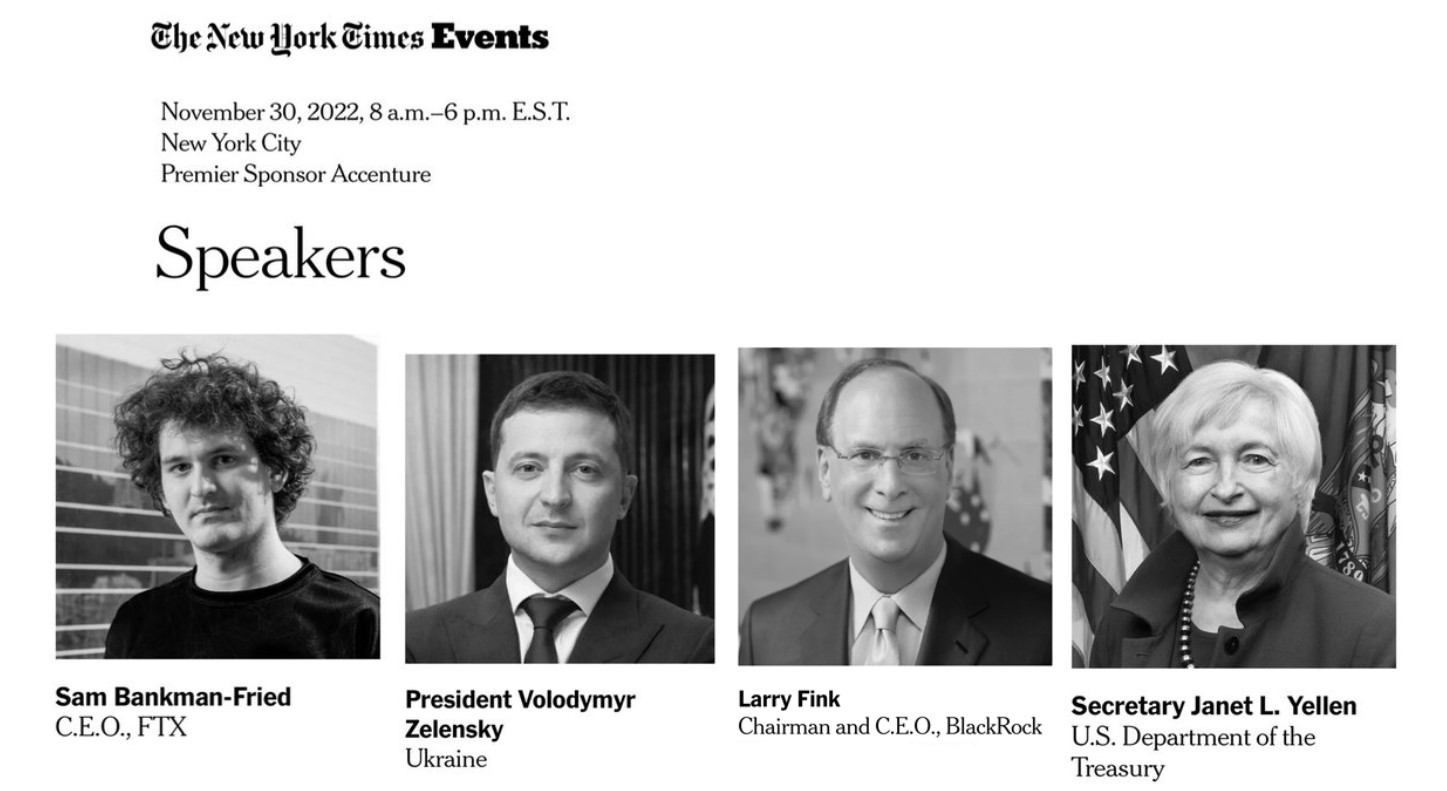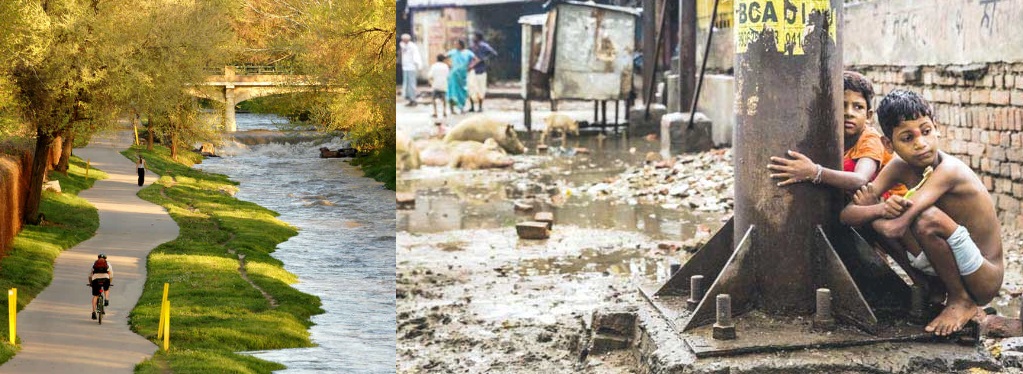Denver decriminalizes public defecation
Making Denver Great Again? Not so much. The city has allowed public defecation to show how "progressive" it has become in its policies towards immigrants.
Published: June 18, 2017, 11:50 am
In seeking to ensure it “will not sacrifice” its “values or bend to a broken immigration system”, the Denver City Council voted on Monday to approve major reforms on Class I and II offenses.
These include crimes such as public defecation, panhandling [American term for street begging] and camping out on the sidewalk. In reforming the sentencing, penalties for these transgressions would become more lenient.
Before the ordinance was passed, all violations of Denver municipal code were punishable by up to a year in jail and/or a fine of up to $999. KUSA reported that city chiefs and immigrant rights advocates argued the changes would protect Denver’s immigrant community from facing dire consequences.
Police in Denver have refused to enforce federal immigration laws.
“Many times it becomes a deportable offense if you’ve been convicted of even a minor ordinance violation that’s punishable by a year in jail,” Mark Silverstein, legal director for the American Civil Liberties Union of Colorado, said.
The ordinance creates new sentencing categories that carry much more lenient penalties. Most municipal offenses (Class I) carry a maximum of 300 days in jail and up to a $999 fine. Class 2 offenses, however, have no fine and are considered “quality of life” offenses.
Class 2 offenses typically yield no fine and carry a maximum 60-day jail sentence. The crimes include those which mainly impact the homeless and migrants:
Sitting or lying in the public right-of-way
Unauthorized camping on public or private property prohibited
Urinating or defecating in public
Panhandling
Curfews and closures
Storage and loading
Prohibitions
Solicitation on or near street or highway
“Usually the defendants are very poverty stricken, maybe even homeless,” Mark Silverstein said, even though the poverty stricken and migrants are free to use public restrooms free of charge.
In fact, many private businesses in Denver encourage opening their facilities to such people.
Denver ranks among the 20 US metro areas with the largest numbers of people living in the country illegally, according to an analysis released in February this year by the Pew Research Center.
The Denver-Aurora-Lakewood metro area was home to an estimated 130 000 unauthorized immigrants, ranking number 17, with 55 000 living in Denver alone, according to the report.
The Pew study found that most of the 11.1 million people living in the United States illegally are concentrated in metropolitan statistical areas, with the largest populations in New York, Los Angeles and Houston. In all, 61 percent live in just 20 US metro areas, including Denver.
In Denver, those living in the city illegally made up 37 percent of all foreign-born residents, the Pew Study found. That percentage was higher-than-average for the entire United States where one in four foreign-born residents is there illegally.
Sanitation is the bedrock of public health. The lack of wastewater treatment and the practice of using open ditches to carry untreated sewage is widespread in Mexico and the rest of Latin America (Pan American Health Organization, 1990b; Cech and Essman, 1992).
Thirty-eight percent of South Asia defecates in the open, and India is responsible for a full 30 percent, despite the government’s toilet-building frenzy.
“India spends on the hardware, on big subsidies to build toilets, but many of them are never used,” said development expert Robert Chambers. Even out of 9.5 million toilets in rural India built in the first year of the Swachh Bharat Abhiyan (2014-15), only 46 percent were being used, according to NSSO data.
Around 630 million Indians still defecate in the open and it is abundantly clear that open defecation cannot be ended only by providing toilets.
All rights reserved. You have permission to quote freely from the articles provided that the source (www.freewestmedia.com) is given. Photos may not be used without our consent.
Consider donating to support our work
Help us to produce more articles like this. FreeWestMedia is depending on donations from our readers to keep going. With your help, we expose the mainstream fake news agenda.
Keep your language polite. Readers from many different countries visit and contribute to Free West Media and we must therefore obey the rules in, for example, Germany. Illegal content will be deleted.
If you have been approved to post comments without preview from FWM, you are responsible for violations of any law. This means that FWM may be forced to cooperate with authorities in a possible crime investigation.
If your comments are subject to preview by FWM, please be patient. We continually review comments but depending on the time of day it can take up to several hours before your comment is reviewed.
We reserve the right to delete comments that are offensive, contain slander or foul language, or are irrelevant to the discussion.

Ohio disaster: When hedge funds manage rail traffic
East PalestineAfter the derailment of a freight train loaded with highly toxic chemicals in the US state of Ohio, a devastating environmental catastrophe may now be imminent. The wagons burned for days, and a "controlled" explosion by the authorities released dangerous gases into the environment.

US President Biden orders ‘spy’ balloon to be shot down
WashingtonThe US President gave the order to shoot down China's "spy balloon". The balloon had caused US Secretary of State Blinken to cancel a trip to Beijing. In the meantime, a second balloon was sighted.

US is heading for a financial ‘catastrophe’ US Treasury Secretary warns
WashingtonOn January 19, 2023, the United States hit its debt ceiling of $31.4 trillion. The country faces a recession if it defaults on its debt, the US Treasury Secretary warned in an interview. Her warning underscored the danger of printing money.

Gun violence: More risk in Chicago and Philadelphia than Iraq, Afghanistan
Providence, Rhode IslandA striking statistic: young Americans are several times more likely to be injured by a gun in cities like Chicago and Philadelphia than they are while serving as a soldier in a foreign country.

Elon Musk, the first person in history to destroy $200 billion in a year
Never before in human history has a person lost as much money in one year as Elon Musk did in 2022. The Tesla and Twitter boss lost $200 billion last year. However, with his remaining $137 billion, he is still the second richest person in the world.

Extreme cold and winter storms sweep across US
More than a million households without electricity, thousands of canceled flights, temperatures in the double-digit minus range and already 41 fatalities: The US is being overwhelmed by an enormous cold wave.

Soros sponsors violent leftists and anti-police lobby as US crime surges
WashingtonThe mega-speculator and "philanthropist" George Soros remains true to himself – he has been sponsoring anti-police left-wing groups with billions of dollars.

FTX Founder Sam Bankman-Fried arrested after crypto billions go missing
NassauHe is no longer sitting in his fancy penthouse, but in a cell in the Bahamas: Sam Bankman-Fried (30), founder of the crypto company FTX, is said to be responsible for the theft of 37 billion euros. An interesting fact is that media in the EU have so far kept this crime thriller almost completely secret.

How Twitter helped Biden win the US presidency
WashingtonThe short message service Twitter massively influenced the US presidential election campaign two years ago in favor of the then candidate Joe Biden. The then incumbent Donald Trump ultimately lost the election. Internal e-mails that the new owner, Elon Musk, has now published on the short message service show how censorship worked on Twitter. The 51-year-old called it the “Twitter files”.

Alberta PM suspends cooperation with WEF
EdmontonThe newly elected Premier Danielle Smith of the province of Alberta in Canada has recently made several powerful statements against the globalist foundation World Economic Forum and its leader Klaus Schwab. She has also decided to cancel a strange consulting agreement that WEF had with the state.






